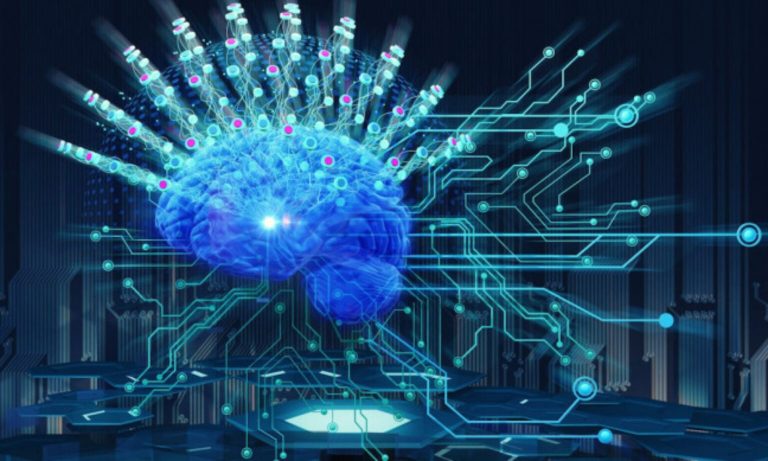Neuralink: A New Frontier for Human Potential

The prospect of a direct neural interface with artificial intelligence, once relegated to the realm of science fiction, is rapidly becoming a tangible reality. Companies like Neuralink are at the forefront of this technological revolution, promising to unlock new frontiers of human potential.
While the implications of such a development are vast and complex, one area of particular interest is its potential to foster greater empathy and understanding between humans and AI. The concept of a digital mind merging with biological consciousness might seem daunting, even alarming. Yet, it’s essential to approach this development with a balanced perspective. Fears of a dystopian future, where AI overtakes humanity, are understandable. However, it’s equally important to consider the potential benefits.
One of the most promising applications of neural interfaces is in the field of education. By establishing a direct communication channel between the human brain and AI systems, we can create personalized learning experiences tailored to individual needs and learning styles. Imagine a world where students can effortlessly grasp complex concepts, where knowledge is absorbed intuitively rather than through rote memorization. AI, acting as a patient and tireless tutor, could guide learners through intricate subjects, fostering a deeper understanding and a lifelong love of learning.
Beyond education, neural interfaces could revolutionize healthcare. By monitoring brain activity in real-time, AI systems can detect early signs of neurological disorders, enabling earlier interventions and potentially life-saving treatments. Additionally, these interfaces could provide a new avenue for treating conditions like paralysis or locked-in syndrome, offering hope to those who have lost the ability to communicate.
Of course, the development of neural interface technology raises significant ethical questions. Issues of privacy, security, and the potential for misuse must be carefully considered. It is imperative that the development and deployment of this technology be guided by robust ethical frameworks.
Ultimately, the success of neural interfaces hinges on our ability to approach this technology with a combination of optimism and caution. By focusing on the potential benefits while addressing the challenges, we can harness the power of AI to enhance human life and create a future where humans and machines coexist in harmony.
The road ahead is undoubtedly complex, but the potential rewards are immense. As we embark on this new chapter in human history, it is essential to remember that technology is a tool, and its impact depends on how we choose to use it.







